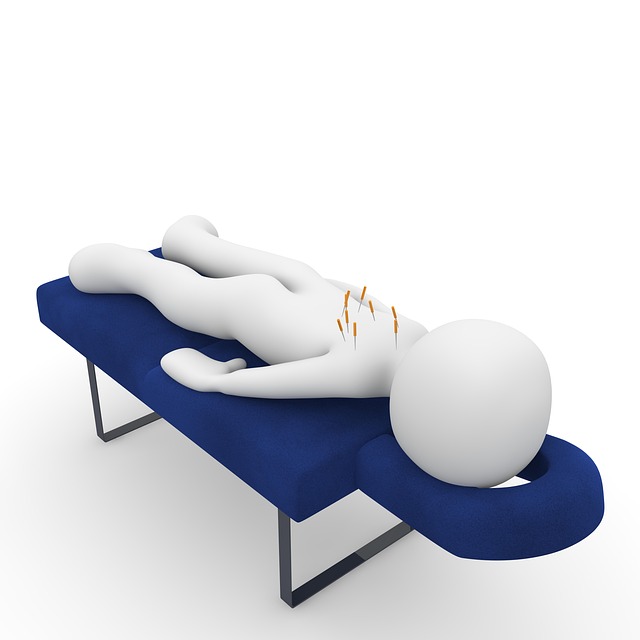Irregular sleep patterns caused by shift work or lifestyle impact health negatively. Traditional solutions include medication. Float therapy, a natural sleep aid, involves sensory deprivation in Epsom salt water, promoting relaxation and melatonin production. Popular among shift workers, float therapy improves sleep quality and combat insomnia naturally through deep relaxation and internal clock reset.
“Discover the transformative power of float therapy as a natural sleep aid for shift workers and those grappling with irregular sleep patterns. This comprehensive guide delves into the profound effects of chronic sleep disruption, highlighting its impact on health and well-being. We explore how floating—a unique sensory deprivation experience—acts as a powerful tool to reset the body’s natural rhythm, offering relief from sleep-related challenges. Uncover the science behind its relaxing effects and witness its benefits for those seeking respite from shift work demands.”
Understanding the Impact of Irregular Sleep Patterns
Irregular sleep patterns, often a byproduct of shift work or demanding lifestyles, can take a significant toll on overall health and well-being. This disruption in circadian rhythm leads to various physiological and psychological issues, including fatigue, decreased alertness, mood disorders, and even increased risk of chronic diseases. Traditionally, addressing these problems involves medication or other artificial means to regulate sleep. However, natural sleep aid methods like float therapy offer a promising alternative.
Floating in a pod filled with Epsom salt water can profoundly affect the body’s natural balance. This sensory deprivation experience reduces external stimuli, promoting deeper relaxation and enhancing melatonin production—a hormone crucial for regulating sleep cycles. By combining these effects with the body’s natural restorative processes during sleep, float therapy has been shown to significantly improve sleep quality, making it an increasingly popular choice for shift workers looking to mitigate the impact of their irregular schedules on their rest and recovery.
Introducing Float Therapy as a Natural Sleep Aid
Float therapy, also known as sensory deprivation floating, is gaining recognition as a powerful tool for promoting relaxation and enhancing sleep quality. This unique experience involves entering a pod filled with warm water and epsom salts, allowing the body to drift into a state of profound tranquility. By blocking external stimuli, float therapy helps calm the mind and reduce stress levels, making it an ideal natural sleep aid.
The practice’s effectiveness lies in its ability to stimulate the parasympathetic nervous system, responsible for promoting relaxation. This activation can help regulate circadian rhythms, which control our internal clocks, ultimately leading to improved sleep patterns. Moreover, floating provides a sense of weightlessness, relieving pressure on joints and muscles, further contributing to a state of deep calm that facilitates better rest.
The Science Behind Its Relaxing Effects
The Science Behind Its Relaxing Effects
Floating, or sensory deprivation float therapy, engages a powerful combination of environmental and physiological factors to induce profound relaxation. When submerged in a pod filled with warm salt water, the absence of visual and auditory stimuli tricks your brain into entering a state of deep calm. This is enhanced by the gentle rocking motion, which mimics the womb-like environment, stimulating the parasympathetic nervous system—responsible for rest and recovery.
This unique combination of sensory isolation and physical support allows the body to naturally produce melatonin, often dubbed the “sleep hormone,” in response to darkness and reduced stress. By promoting this physiological sleep aid, floating offers a natural approach to combating insomnia and improving overall sleep quality, making it an attractive option for those seeking relief from irregular sleep patterns.
Benefits for Shift Workers and Sleep Disruption Relief
For shift workers, whose schedules often disrupt their natural circadian rhythms, floating can offer a much-needed respite. This therapeutic practice provides a calming environment free from external stimuli, allowing the body to reset its internal clock and promote healthy sleep patterns. The sensory deprivation experienced during a float session helps reduce stress and fatigue, common issues faced by those with irregular work hours.
Additionally, for individuals struggling with sleep disruption due to various factors, float therapy serves as an effective natural sleep aid. By blocking out light and sound, floating creates an optimal condition for relaxation, making it easier to fall asleep and enjoy deeper, more restorative slumber. This innovative approach to sleep relief is gaining recognition for its potential to transform the lives of shift workers and those with chronic sleep issues.
Float therapy emerges as a powerful tool for addressing the unique sleep challenges faced by shift workers and those with irregular sleep patterns. By providing a controlled, sensory-deprived environment, this natural sleep aid promotes profound relaxation and enhances overall sleep quality. Backed by scientific research, float therapy offers a safe and effective approach to restore balance in the body’s circadian rhythm, ensuring rest and recovery for even the busiest of schedules.
